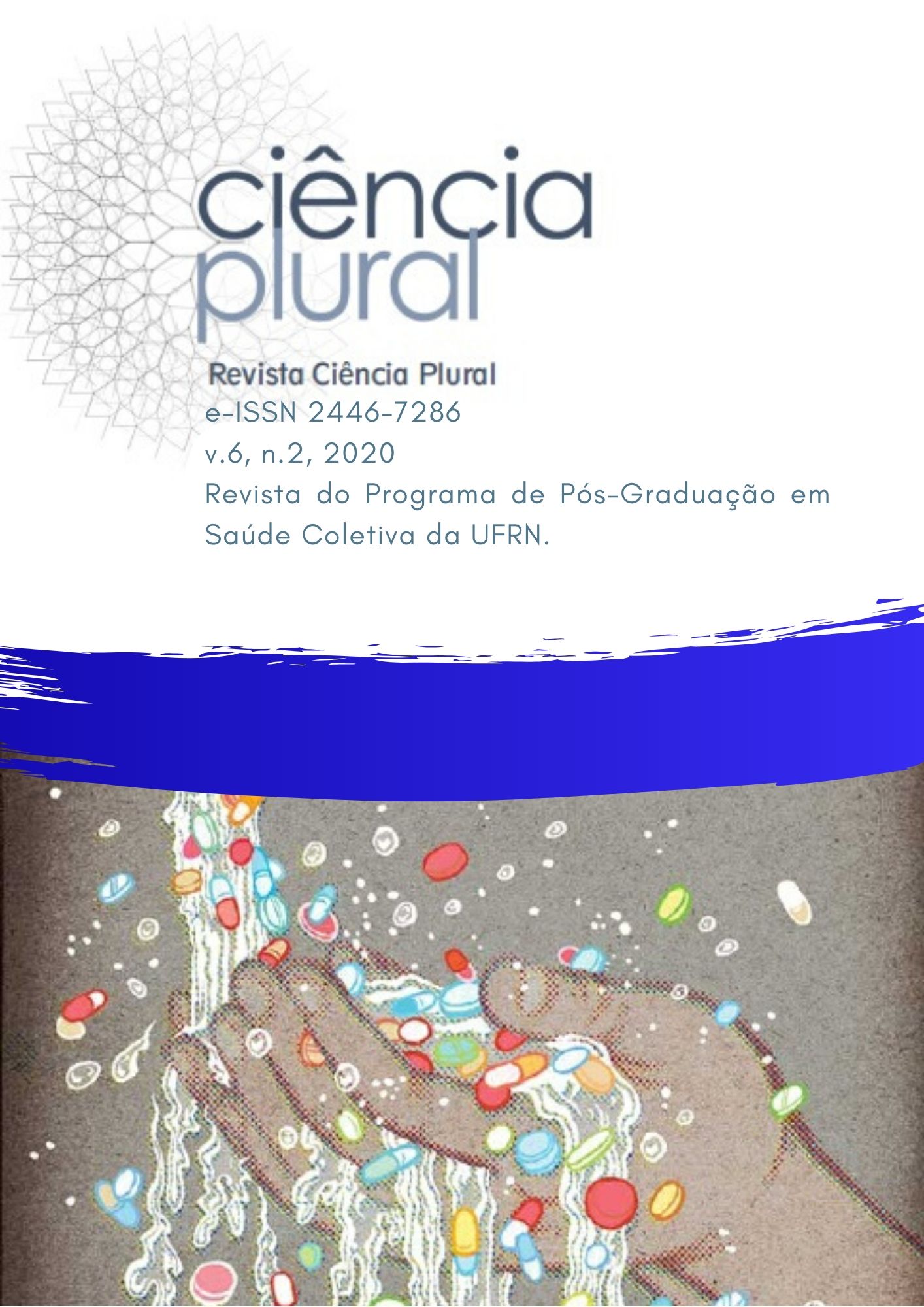PROMOTION OF THE RATIONAL USE OF MEDICINES IN THE CONTEXT OF THE 3TH AND 4TH CYCLES OF YOUTH AND ADULT EDUCATION
DOI:
https://doi.org/10.21680/2446-7286.2020v6n2ID20514Abstract
Introduction: The high consumption of medicines in Brazil drives the development of strategies to promote their rational use, especially in the most vulnerable populations. Objective: To describe and analyze the contributions offered by the actions carried out by an extension project aimed at promoting the rational use of medicines to students in the 3rd and 4th cycles of Youth and Adult Education. Methodology: A description of the socioeconomic, demographic and therapeutic profile of the students was carried out; analysis of drugs stored in their homes to define the pharmacotherapeutic profile; identification of possible drug interactions observed between drugs listed in the previous step and development of educational activities. Results: The majority of young and adult students consisted of people under the age of 60 (75.7%), with a predominance of females (69.6%) and brown (63.3%). Almost half of the participants are unemployed (45.5%). Part of the students (39.9%) said they had a monthly income of up to one minimum wage. In order to carry out this project, activities were carried out that provided, through active methodologies, education and promotion of the rational use of medicines and self-care. Regarding the pharmacotherapeutic profile, drug interactions are observed between antihypertensive drugs, hypoglycemic agents, anti-thyroid agents and non-prescription drugs, with the presence of self-medication. The drug classes that showed predominance among students were analgesics, antihypertensives, anti-inflammatory drugs, antacids and hypoglycemic agents. Conclusions: The development of educational practices within the scope of Youth and Adult Education encourages dialogue and the participation of those involved, with great potential for expanding access to information associated with self-care in health in their families, school and community.
Downloads
Downloads
Published
How to Cite
Issue
Section
License
À Revista Ciência Plural ficam reservados os direitos autorais referente a todos os artigos publicados.

 Português (Brasil)
Português (Brasil) English
English Español (España)
Español (España)













